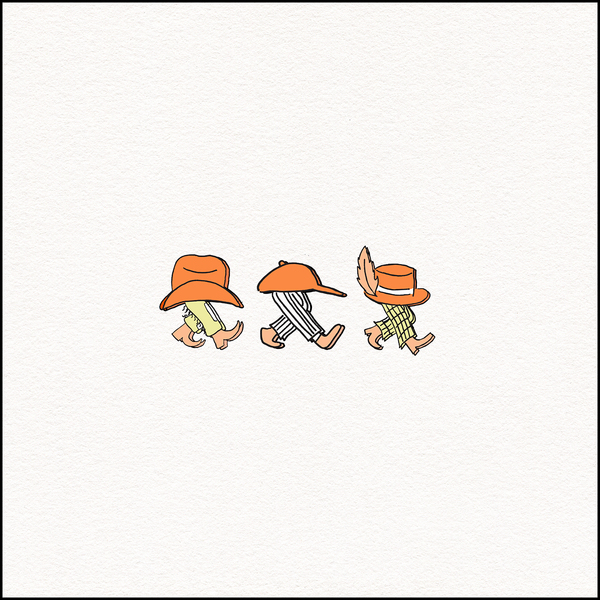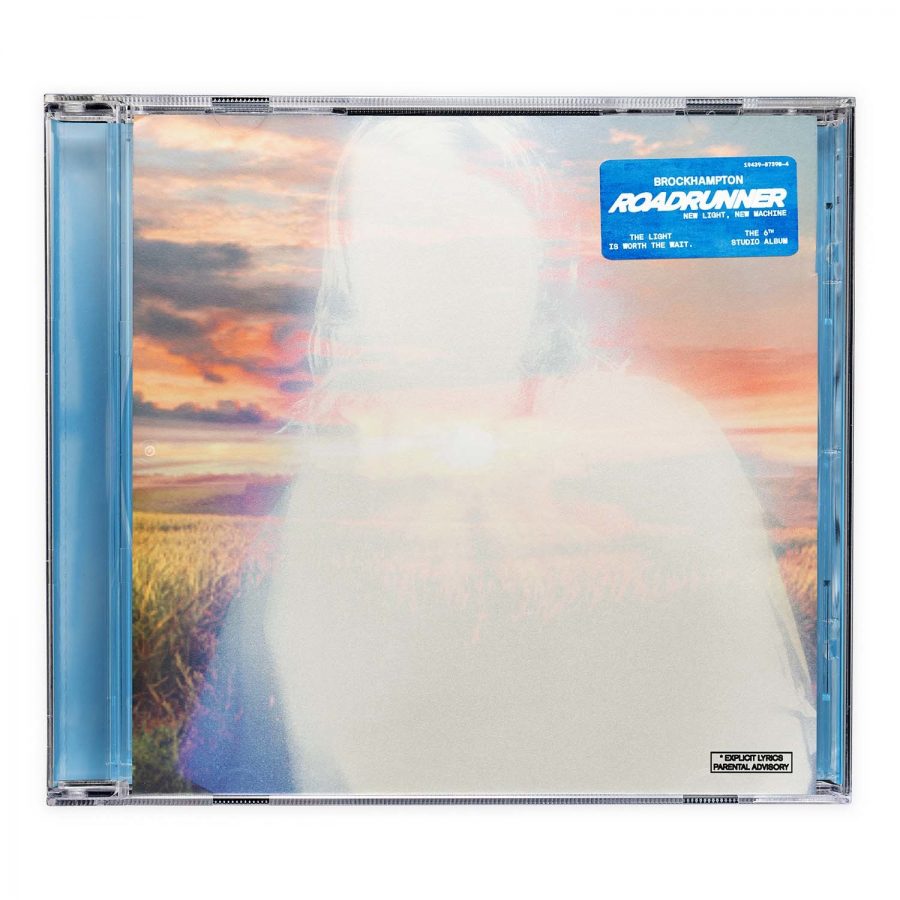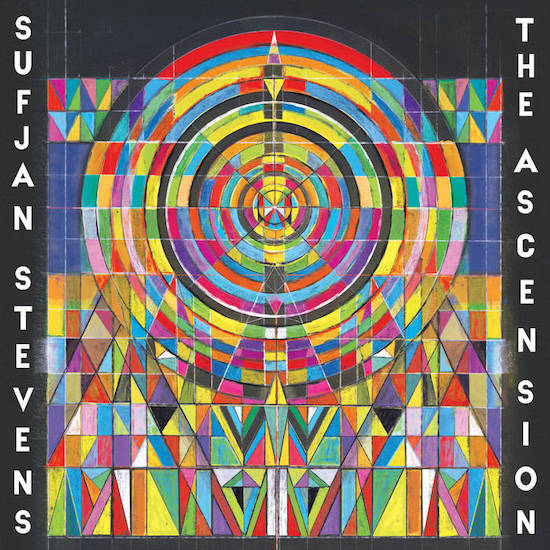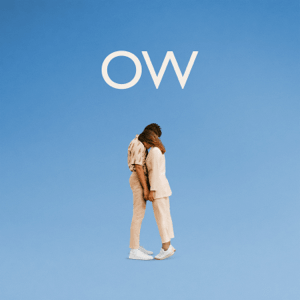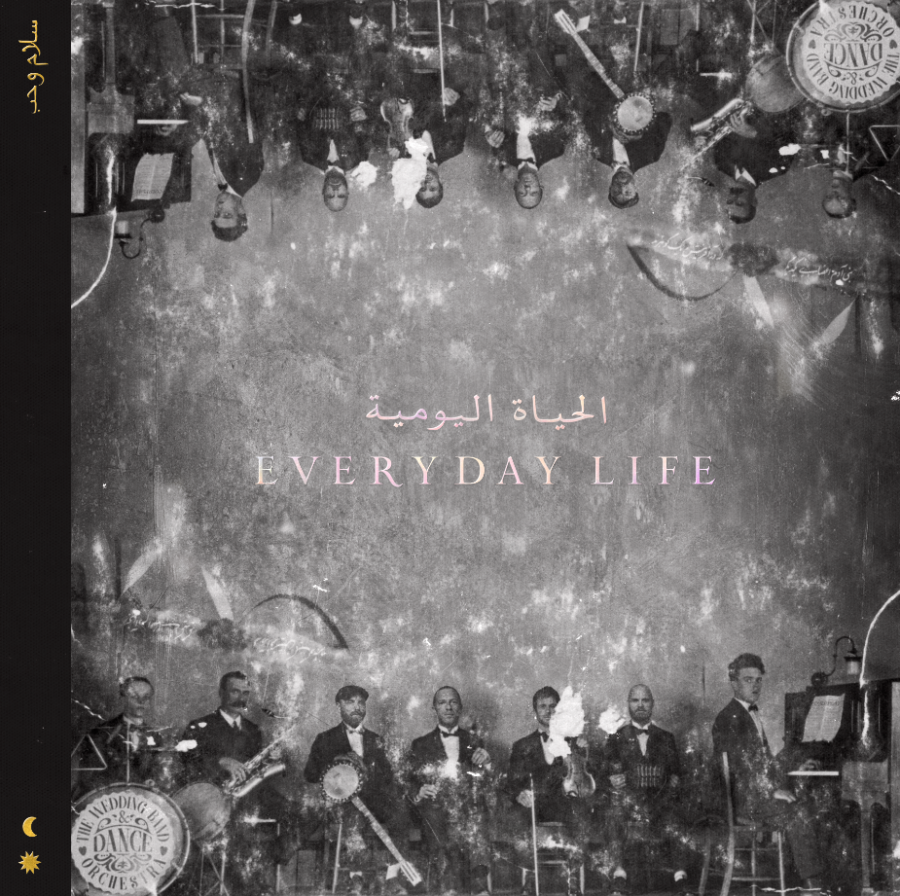Last year, Prince appeared as a guest artist on Janelle Monáe’s album “The Electric Lady,” and at the time I took it as a sign of how far Prince had declined relative to his own legacy. His work since 1990 has been solid but mostly uninspiring, subtly updating the same 80s style Prince pioneered but has since been surpassed by successors like André 3000 and the aforementioned Monáe. Now Prince has released two albums at once: “Plectrum Electrum” with his all-woman 3rdEyeGirl band and “Art Official Age,” a solo project. This review is of the latter only, because though they can be considered companion pieces in some ways, they are also very different works. “Art Official Age” is a strong release, re-molding Prince’s signature eccentricities in the image of 2014 pop.
Wrapped in a gauze-thin sci-fi concept, “Art Official Age” has a direct predecessor in the 1987 album “Sign O The Times,” which similarly took a futuristic look at present troubles. Politics always takes a backseat to the erotic with Prince, though, which means the songs here tend to be about personal ambivalence toward technology and communication. “Clouds,” for example, contrasts the spontaneity of personal interaction with the distance of online interaction, especially in a world of web-produced mini-celebrities. Nothing here is polemical, which is remarkable considering Prince’s well-known past aversion to the Internet.
As the title suggests, the album considers the ways that people find themselves caught in limiting roles they cannot escape. Well-worn territory for Prince, this title should remind us of Prince’s ugly battles with Warner Bros. These themes emerge in the romantic ballads as well as the sharper tracks. The music bears a strong resemblance to Monáe’s last two albums, albeit without most of the orchestral grandiosity Monáe likes to employ. Guitar work in this album is generally stellar, and everything from the horn stabs in “Gold Standard,” to the title track’s astral arrangement’s pristine sound. Resemblances to earlier Prince songs are easy to spot. “Breakfast Can Wait” strongly recalls “Starfish and Coffee,” while “Funknroll” borrows the demanding dance floor vibe of “Housequake.” Still, nothing sounds dated or sterile in any of the thirteen tracks.
“U Know” uses synth-heavy production, backwards vocals and a surprisingly strong beat to deliver an elliptical song about a difficult relationship. While the verses have Prince using a robotic speaking style, the choruses showcase his wide vocal range and capability for tenderness. The language of contracts works its way into the song as well, further linking this song about love with careerism. While Prince is not always so successful here — “This Could Be Us” has bright moments but stretches its meme-based premise too far — a combination of terrific musicianship and skillfully produced grooves makes it far more enjoyable than Prince has been in too long.
“Funknroll” represents the other, more ferocious part of the album. From the outset, it’s uncompromising, putting a foreboding beat under this record’s most biting vocal performance. It is claustrophobic yet danceable for most of its running time, it bursts its dense coils in the last ninety seconds. It’s a thrilling breakdown leading into the end of the album.
Prince’s output since 1990 has been alternately criticized for trying too hard or slacking off. That’s understandable when much of that output was either driven by contractual obligation or packed into gigantic triple albums. “Art Official Age” certainly has ambition, and it showcases Prince’s characteristic quirks, making it highly enjoyable. It makes one optimistic for the future of spaced-out funk in the coming years.






